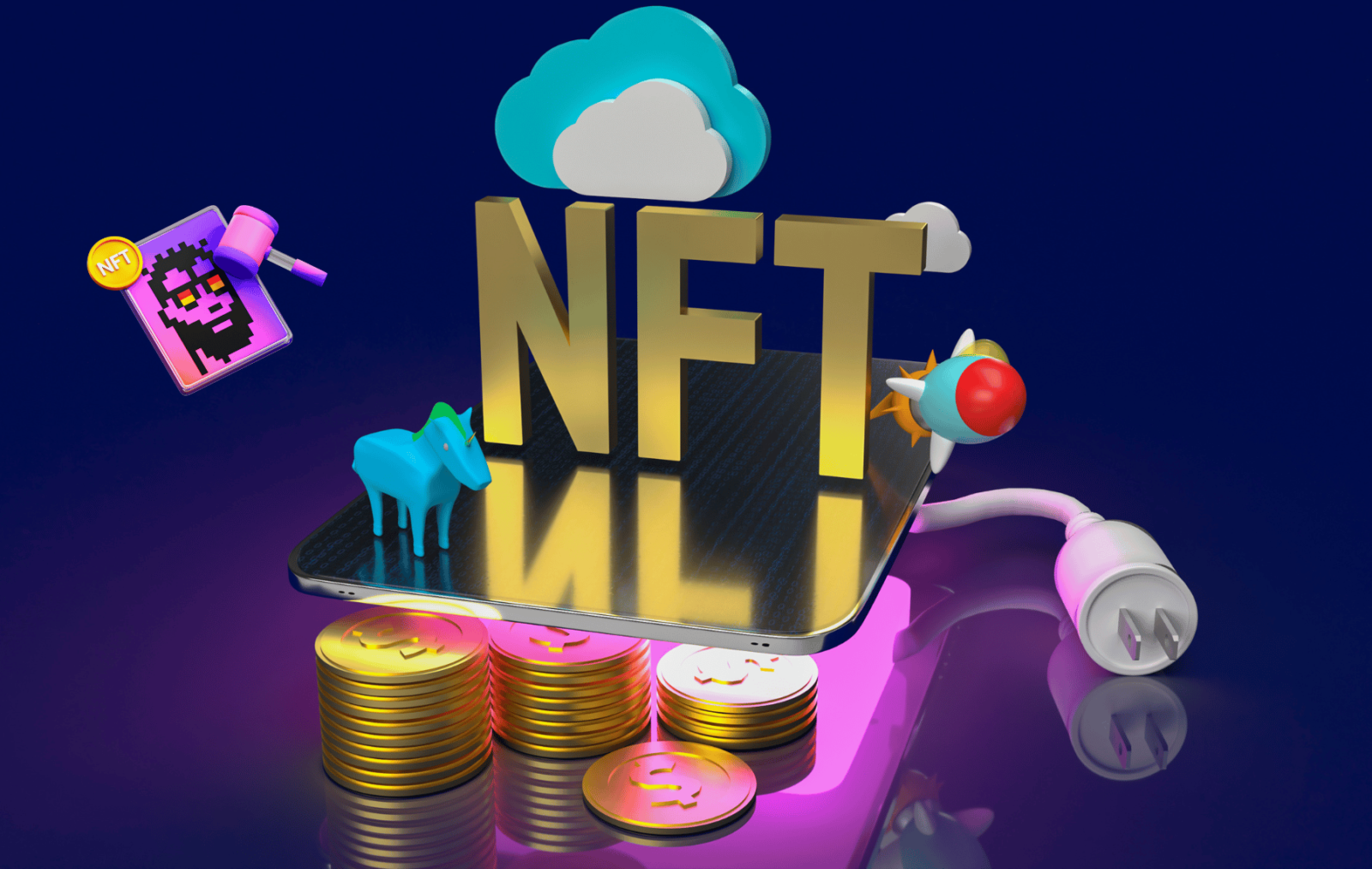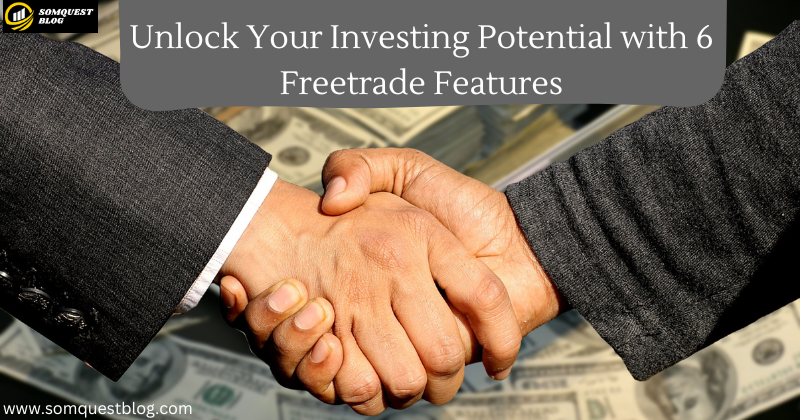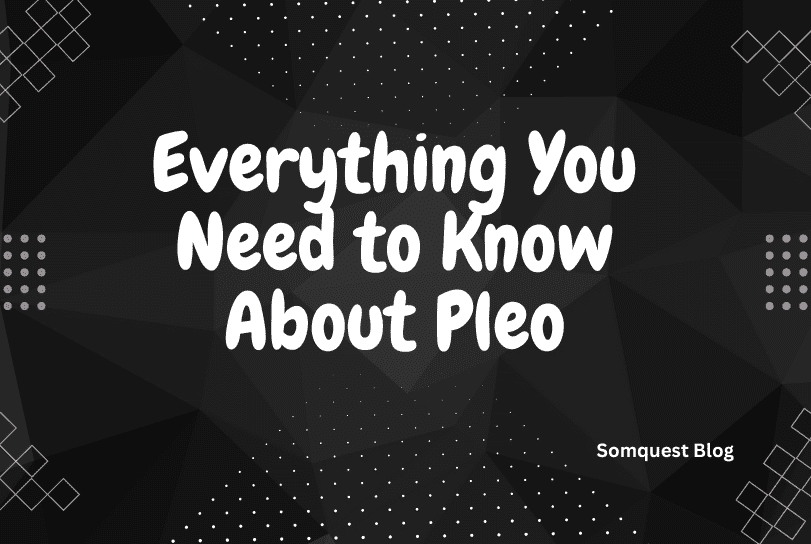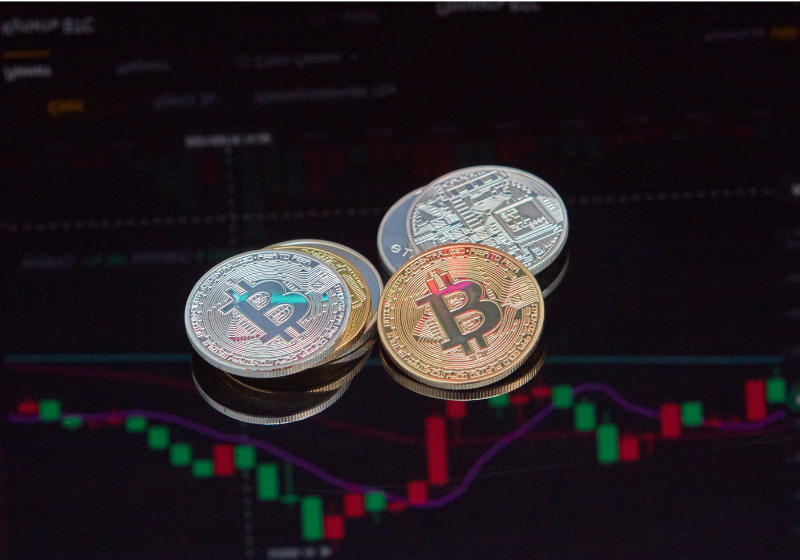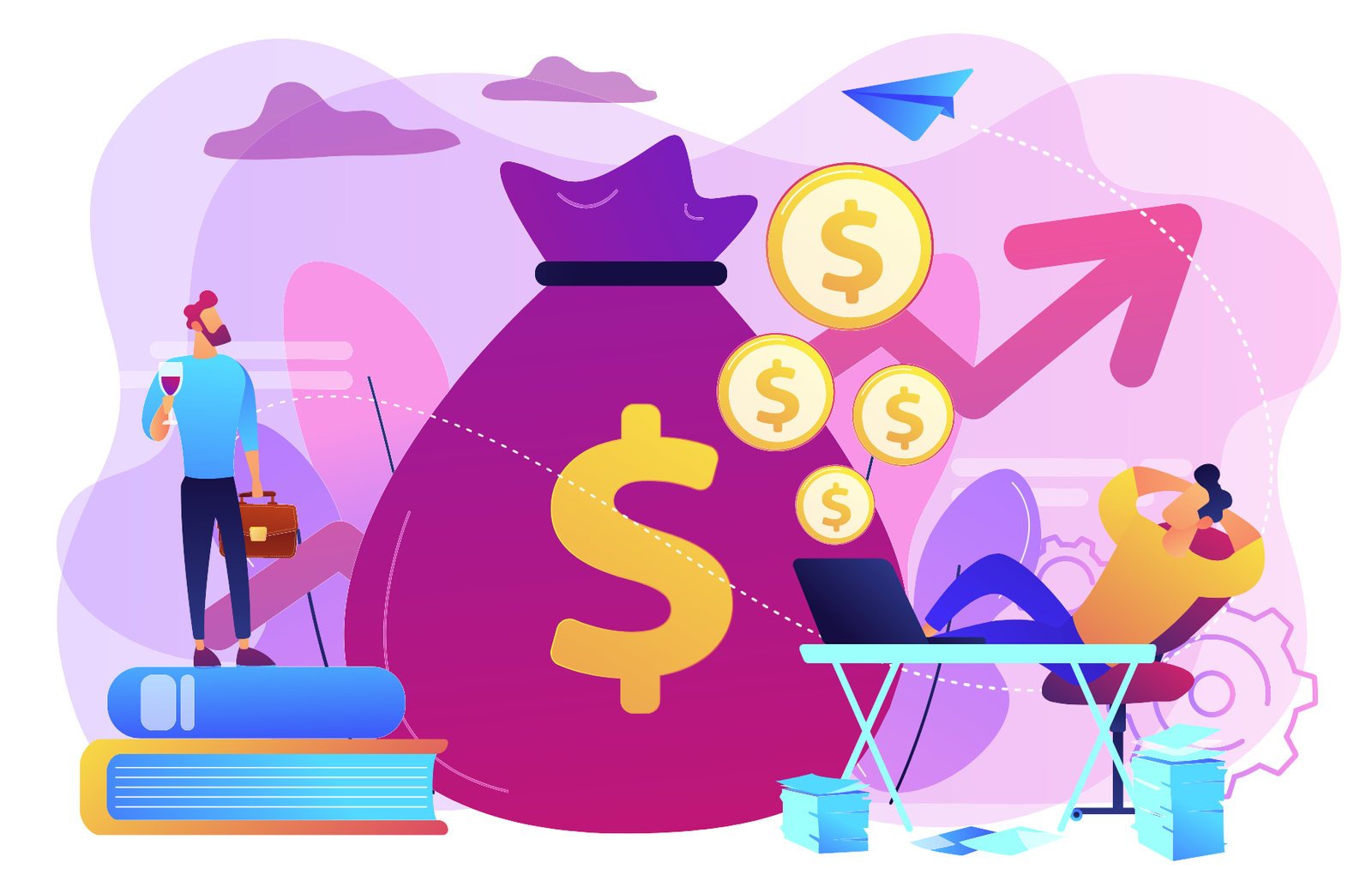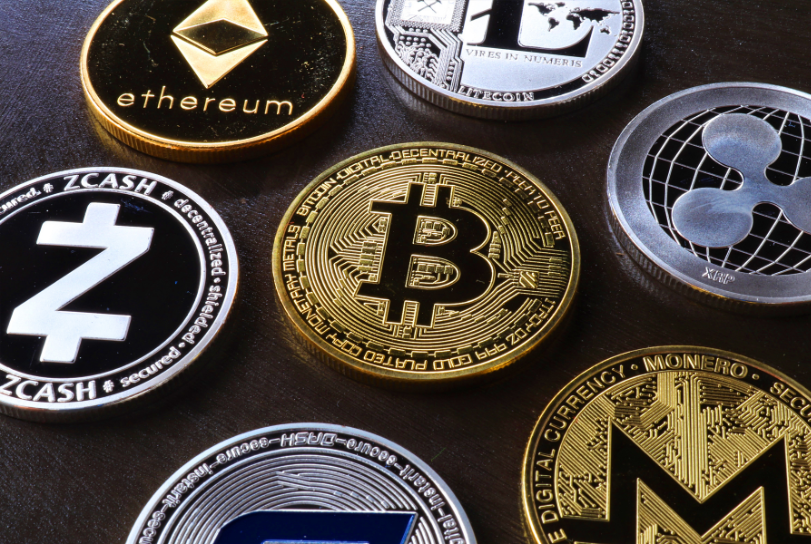Have you ever wondered how buying and selling NFT works? Understanding the ins and outs of NFTs can open up a world of possibilities, from trading digital art to exploring innovative games and virtual realities. Non-fungible tokens, or NFTs, are unique digital assets that leverage blockchain technology, ensuring authenticity and ownership in the ever-expanding metaverse.
In the NFT marketplace, each token represents something distinct, whether it’s art, music, or collectibles. Participants can buy, sell, or even stake their NFTs for potential rewards. As you navigate this exciting landscape, grasping how these transactions work can empower you to make informed choices, be it for investment or personal enjoyment. Plus, with the rising popularity of NFT games, there’s never been a better time to dive in and explore what these tokens can offer you.
Table of Contents
Understanding NFT Meaning and How it Works
NFTs, or non-fungible tokens, represent a significant shift in how we think about ownership and value in the digital realm. These unique digital assets are built on blockchain technology, enabling you to verify ownership and provenance easily.
Defining NFTs
At their core, NFTs are digital tokens that signify ownership of a specific item or piece of content, which can be anything from art to music to virtual real estate. Unlike cryptocurrencies like Bitcoin or Ethereum that are interchangeable, each NFT has unique information embedded in it, making it one-of-a-kind.
NFTs provide a secure way to buy and sell digital assets. They include metadata that informs what the token represents, and this can include details like the creator, ownership history, and specifics about the item itself. This lack of replication ensures authenticity and rarity, which are essential in the burgeoning digital market.
How NFTs Work in Blockchain
NFTs operate on blockchain technology, primarily Ethereum, although other blockchains like Binance Smart Chain and Flow also support them. The blockchain acts as a distributed ledger, recording every transaction involving that NFT. This transparency creates trust among buyers and sellers.
When you purchase an NFT, the transaction is recorded on the blockchain, and ownership transfers to your digital wallet. Smart contracts facilitate these transactions automatically, ensuring both parties meet conditions without the need for intermediaries.
In the context of the metaverse, NFTs emerge as vital assets, allowing users to own and trade unique virtual items, enhancing the overall gaming experience. By effectively combining various functionalities, NFTs redefine ownership and value in both digital and physical spaces.
A global survey released in April 2023 highlighted significant factors influencing art buyers’ decisions to invest in non-fungible tokens (NFTs). One of the primary motivators identified was the desire for increased regulation within the NFT market, with 37% of respondents indicating that such measures would boost their confidence in making purchases. Additionally, 28% of participants expressed that seeing more traditional artists adopt NFTs would encourage them to buy these digital assets.
Buying and Selling NFTs
Navigating the world of NFTs can feel a bit daunting, but understanding how to buy and sell these digital assets simplifies the process. The NFT marketplace is the hub for transactions, and knowing the steps involved will enhance your experience.
The NFT Marketplace Ecosystem
NFT marketplaces are platforms where buyers and sellers connect to trade digital assets. Popular marketplaces include OpenSea, Rarible, and Foundation. Each has its unique features and user interfaces, so choosing one that suits your needs is essential.
To engage in trading, you’ll first need a crypto wallet compatible with the marketplace’s blockchain—most commonly Ethereum. This wallet allows you to store your NFTs and manage transactions securely. Markets often support different payment methods, primarily cryptocurrency, so accustoming yourself to crypto transactions is vital.
Steps to Purchase NFTs
To start purchasing NFTs, follow these simple steps:
1. Set Up a Crypto Wallet: Choose a wallet like MetaMask or Coinbase Wallet and fund it with cryptocurrency.
2. Connect to a Marketplace: Visit your chosen marketplace and link your wallet.
3. Browse Listings: Use filters to explore categories, artists, or price ranges. You can easily find what captures your interest.
4. Select and Buy: Click on an NFT you like. You’ll see details, including price and creator info. Choose your payment method and confirm the purchase.
Once the transaction completes, the NFT will appear in your wallet. Always double-check the seller’s credibility and NFT authenticity before buying.
Selling Your NFTs
If you own NFTs you wish to sell, the process is straightforward:
1. Go to Your Profile: Open the NFT marketplace and head to your profile section.
2. Choose an NFT: Click on the NFT you want to sell, then select the “Sell” option.
3. Set Your Price: Decide on a fixed price or auction format. The fixed price allows immediate sales, while an auction can attract competitive bidding.
4. List the NFT: Complete the listing by confirming the details; your NFT will be live for sale.
Managing your sales can also include promoting your NFTs through social media or NFT-focused forums to increase visibility and attract potential buyers.
NFTs in Different Contexts
NFTs have gained significant traction across various sectors, particularly in gaming and the metaverse. Understanding how NFTs function in these contexts can enhance your appreciation of their value and potential.
NFTs in Gaming
NFT games are video games that incorporate non-fungible tokens (NFTs) as part of their gameplay and economy. In these games, players can own, buy, sell, and trade unique in-game assets, such as characters, skins, weapons, and virtual land, all represented as NFTs on a blockchain. This ownership allows players to have true possession of their items, which can often be monetized outside the game environment.
Key features of NFT games include:
1. True Ownership: Players own their in-game assets, which can be traded or sold on various marketplaces.
2. Play-to-Earn Mechanism: Many NFT games offer players the opportunity to earn cryptocurrency or NFTs through gameplay, creating real-world value.
3. Interoperability: Some NFT games allow assets to be used across different games or platforms, enhancing their utility.
4. Unique Experiences: Each NFT can represent a one-of-a-kind item, providing players with a personalized gaming experience.
Popular examples of NFT games include “Axie Infinity,” “Decentraland,” and “The Sandbox,” each offering unique gameplay mechanics and economic systems based on NFTs.
NFTs in the Metaverse
In the metaverse, NFTs play a pivotal role by empowering users to own virtual real estate, artwork, and other digital assets. You can purchase, sell, or lease virtual land, using NFTs to verify ownership on the blockchain.
For example, different platforms like Decentraland or The Sandbox let users create, monetise, and explore virtual environments. Virtual art galleries filled with NFT artworks offer a new way to appreciate digital art.
These digital assets not only represent ownership but also provide opportunities for social interaction, events, and commerce within these virtual spaces, thereby enhancing your experience in the metaverse. The possibilities of NFTs in this realm are continually expanding, making it an exciting frontier for digital engagement.
The Economics of NFTs
The economics surrounding non-fungible tokens (NFTs) encompasses their valuation and trading dynamics, offering insights into how these digital assets function within the marketplace. Understanding these aspects can guide buyers and sellers in making informed decisions.
Understanding NFT Valuation
NFTs derive their value from various factors, including rarity, ownership history, and creator reputation. An NFT created by a renowned artist will often command a higher price due to its uniqueness and perceived value among collectors.
Market demand plays a significant role; if an NFT is highly sought after, its price can surge. Additionally, cultural relevance can affect valuations, particularly for assets linked to popular culture or current trends.
Investors should be aware of the marketplace they are entering. Platforms like OpenSea or Rarible provide insightful metrics about an NFT’s trading volume and historical price data, essential for gauging value effectively.
NFT Trading Strategies
Trading NFTs requires strategic thinking akin to trading traditional assets. One effective approach is to buy low and sell high; monitoring market trends can help identify undervalued assets. Timing is essential, as NFT communities can move quickly based on trends or events.
Staking NFTs is another method gaining popularity. By keeping your NFTs in a particular platform, you can earn passive income or other rewards, increasing their value over time.
When participating in auctions, it’s crucial to set a budget and stick to it. Quality over quantity often pays off in the long run—investing in high-quality NFTs rather than accumulating numerous lower-value pieces. Engaging in NFT communities can also provide valuable insights into trends and upcoming releases, enhancing your trading strategy.
Advanced Concepts in NFTs
In the ever-evolving world of NFTs, understanding advanced concepts can enhance your experience and investment strategy. Key areas to explore include NFT staking and the pivotal role of smart contracts in the ecosystem.
NFT Staking Explained
NFT staking is a process that allows you to lock your NFTs in a platform to earn rewards over time. By staking your NFTs, you contribute to the network and secure its operations while receiving tokens or other benefits in return.
Different platforms have varying staking mechanisms. Here’s a quick overview:
- Lock-up Period: You typically need to commit your NFTs for a specific time.
- Rewards: Depending on the platform, rewards can include cryptocurrency or new NFTs.
- Returns: Rates can fluctuate based on demand and total value locked in.
This process can create passive income opportunities while supporting the network’s health. As you stake your NFTs, keep in mind that there may be risks involved, such as changes in platform policies or market value fluctuations.
Smart Contracts and their Role
Smart contracts are crucial to the functionality of NFTs. These self-executing contracts with terms directly written into code operate on blockchain technology to automate transactions.
Here’s how they impact the NFT space:
- Ownership Transfers: When you buy an NFT, a smart contract ensures the transfer of ownership is secure and immediate.
- Royalties: Artists can set up smart contracts to receive royalties every time their NFT is resold, establishing a continuous income stream.
- Interoperability: Smart contracts facilitate interactions across different platforms and ecosystems, allowing NFTs to be used in various contexts, from gaming to virtual worlds.
Understanding these components can empower you to navigate the intricacies of NFTs effectively. Engaging with these advanced concepts makes your experience richer and potentially more profitable.
FAQs: How Buying and Selling NFT Works
How NFT works in the metaverse?
NFTs (non-fungible tokens) play a crucial role in the metaverse by representing ownership of digital assets, such as virtual real estate, avatars, and in-game items. They function on blockchain technology, ensuring authenticity and scarcity. Users can buy, sell, or trade NFTs within the metaverse, enabling a vibrant economy. Additionally, NFTs allow for unique experiences, such as customizing avatars or accessing exclusive content, creating a personalized and immersive environment for users. Through interoperability, NFTs can also be used across different virtual worlds, enhancing their value and utility within the metaverse ecosystem.
How can one become involved in the trade of NFTs, and what are the underpinning procedures?
To trade NFTs, you first need to create a digital wallet that supports cryptocurrencies. After that, you can purchase cryptocurrency to invest in NFTs. Joining platforms like OpenSea or Rarible enables you to buy, sell, and create NFTs, stepping into a vibrant trading community.
In what way does investing in NFTs differ from traditional investments?
NFTs are generally more volatile than traditional investments, such as stocks. Their value can fluctuate significantly based on trends, uniqueness, and demand. Unlike traditional assets, NFTs require knowledge of digital landscapes and market dynamics, making them a different investment realm.
What steps are involved in the creation and minting of a new NFT?
Creating an NFT involves selecting digital content, such as artwork or music. Once you’ve chosen your item, you’ll mint it on a blockchain by uploading it to a marketplace platform. This process includes filling in details like title, description, and properties before finalising your NFT.
Could you explain the process of listing an NFT for sale and how does it reach potential buyers?
To list an NFT for sale, access your profile on a marketplace, select the NFT you wish to sell, and click the option to list it. You set the price and specify any sale conditions. Your NFT then appears in the marketplace, making it visible to potential buyers browsing through various categories.
How do NFTs function within the context of the metaverse and gaming platforms?
In the metaverse, NFTs serve as avatars, virtual real estate, and in-game items, offering users ownership and identity within digital worlds. They enhance gaming experiences by allowing players to trade, sell, and showcase their unique assets, bridging digital and real-life economies.






